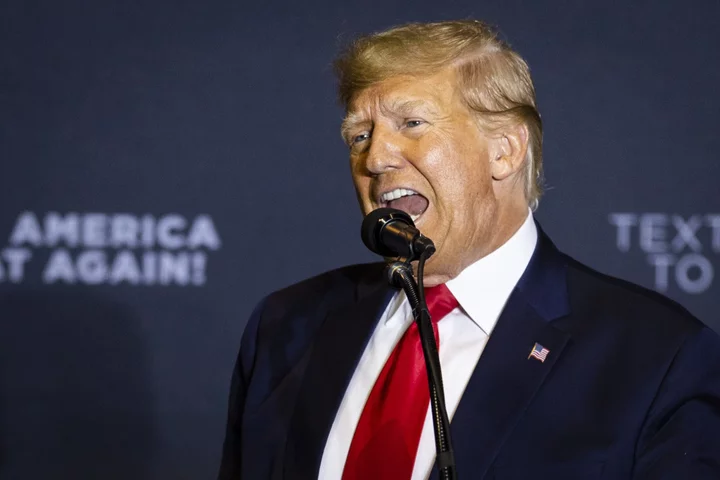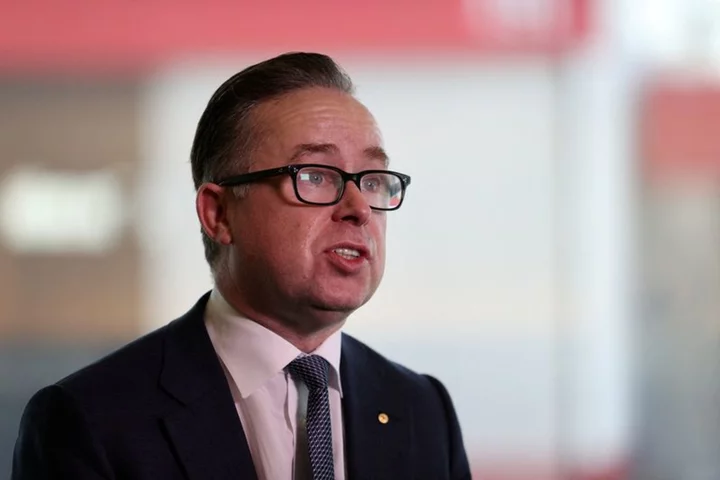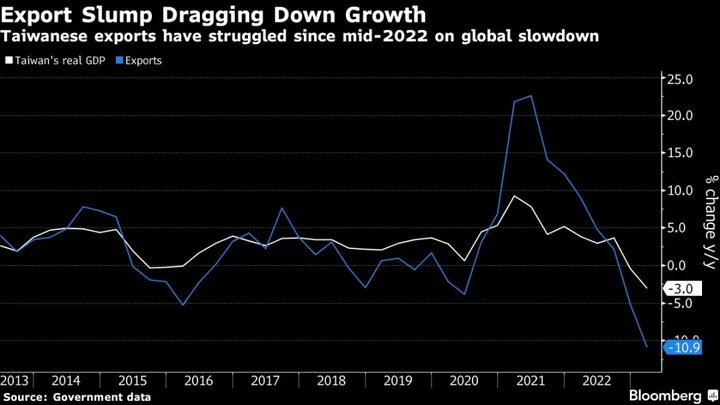Special Counsel Jack Smith’s decision to indict Donald Trump in southern Florida puts the prosecution on the former president’s home turf, but the “rocket docket” district could make it harder for him to delay a trial.
The criminal investigation into Trump’s handling of classified material after he left the White House unfolded for more than a year in secret grand jury proceedings in Washington. It was widely expected that if he wound up charged in the nation’s capital, he’d wage an early fight to move the case to Florida.
The US District Court for the Southern District of Florida is a friendlier venue for Trump, at least on paper. Looking at the potential jury pool, Trump won Florida in the 2020 election, but lost Washington in a landslide. Florida federal courts also have a greater proportion of Republican-appointed judges, though cases are randomly assigned and any ideological differences can play less of a role at the trial court level.
Read more: Trump Charged Over Secret Records in a First for an Ex-President
Trump’s lawyers already have an unsuccessful track record arguing before federal judges in Washington in grand jury subpoena fights with Smith’s office. In Florida, on the other hand, they saw early wins trying to halt the government’s use of materials seized last year from Trump’s Mar-a-Lago resort, though they ultimately lost when the case went to the 11th US Circuit Court of Appeals in Atlanta.
Franklin Monsour, a former federal prosecutor in south Florida, said the state is a “double-edged sword” for Trump and his legal team. It cuts off an early opportunity for him to attack the prosecution and try to delay setting a trial date, especially as the 2024 primary election cycle picks up. The Florida court historically is known for moving cases to trial faster than its peers nationwide, he said.
“If the prosecution team feels like it has a strong case and can move quickly, there’s no better place to charge a case than the southern district of Florida,” Monsour said.
Trump is charged with seven counts, including willfully retaining national defense information, obstructing justice and making false statements, according to a person familiar with the matter.
Federal prosecutors are required to present cases for indictment in the district where an alleged offense occurred, but criminal activity spanning multiple places can offer them choices.
The documents saga included conduct in Washington, starting with the packing and shipping of boxes from the White House. But much of the back and forth between Trump’s representatives and the National Archives and Justice Department over the status of the records took place after he decamped to Mar-a-Lago. The probe homed in on how government documents were handled at the Palm Beach resort, leading to an unprecedented FBI search there last summer.
“I imagine that as the investigation evolved, prosecutors may have discovered that the bulk of the criminal activity occurred in Florida, and therefore determined that venue was most appropriate there,” said Barbara McQuade, a law professor and former US attorney in Michigan. “Filing in Florida avoids venue battles that could delay trial and create issues for appeal.”
It wasn’t immediately clear why Smith’s team used a grand jury in Miami instead of in Palm Beach County, where Mar-a-Lago is located, but they’re both within the same judicial district. The case ultimately could wind up before a judge in Palm Beach, Monsour said. The judge assigned will be revealed once the case is unsealed, which could be as early as Friday.
Read More: The Trump Classified Documents Investigation: A Timeline
The bar generally is high for defendants to convince judges to move cases based on general concerns about the political leanings of a jury pool or overall fairness. Trump supporters charged in Washington in connection with the Jan. 6, 2021, attack on the US Capitol repeatedly failed to win venue change requests rooted in data about the city’s Democratic voting record and the extent of local media coverage.
Trump’s legal team had mulled waging a venue fight in New York where he’s facing unrelated state charges, Bloomberg News reported, based on a concern that he can’t get a fair trial in Manhattan. The lawyers considered an attempt to move the case to Staten Island, a more politically conservative borough, but have yet to do so. Instead, they’ve made an early push to shift the prosecution to federal court in Manhattan. They’ve also argued that the state court judge assigned should be disqualified due to a conflict of interest.
Florida has also been the venue of choice for Trump when he sues his perceived political enemies, but with poor results. A federal judge in the Southern District of Florida in September tossed out Trump’s conspiracy lawsuit against Hillary Clinton and ordered him and his lawyer to pay almost $1 million in penalties for filing the “frivolous” lawsuit. Trump then dropped a separate federal suit he filed in Florida against New York attorney general Letitia James trying to derail her fraud case against him.
Trump also picked Florida to sue CNN over its alleged false reporting on his conduct and has pending cases there against journalist Bob Woodward and his former lawyer Michael Cohen.
Richard Serafini, a criminal defense lawyer in Florida and former Justice Department attorney, said prosecutors chose Miami because the government wanted to indict on charges that “could only be brought in this district.” Trump and the government will get a fair trial in Florida, just as they would get one in Washington or any other federal court, he said.
“This will be a trial governed strictly by the rules of evidence and procedure,” he said. “It is not a political sideshow. It is my experience that jurors take their duties seriously and do their utmost to follow the law as charged by the court.”
Trump is expected to make his first appearance in the Miami courthouse on June 13.









